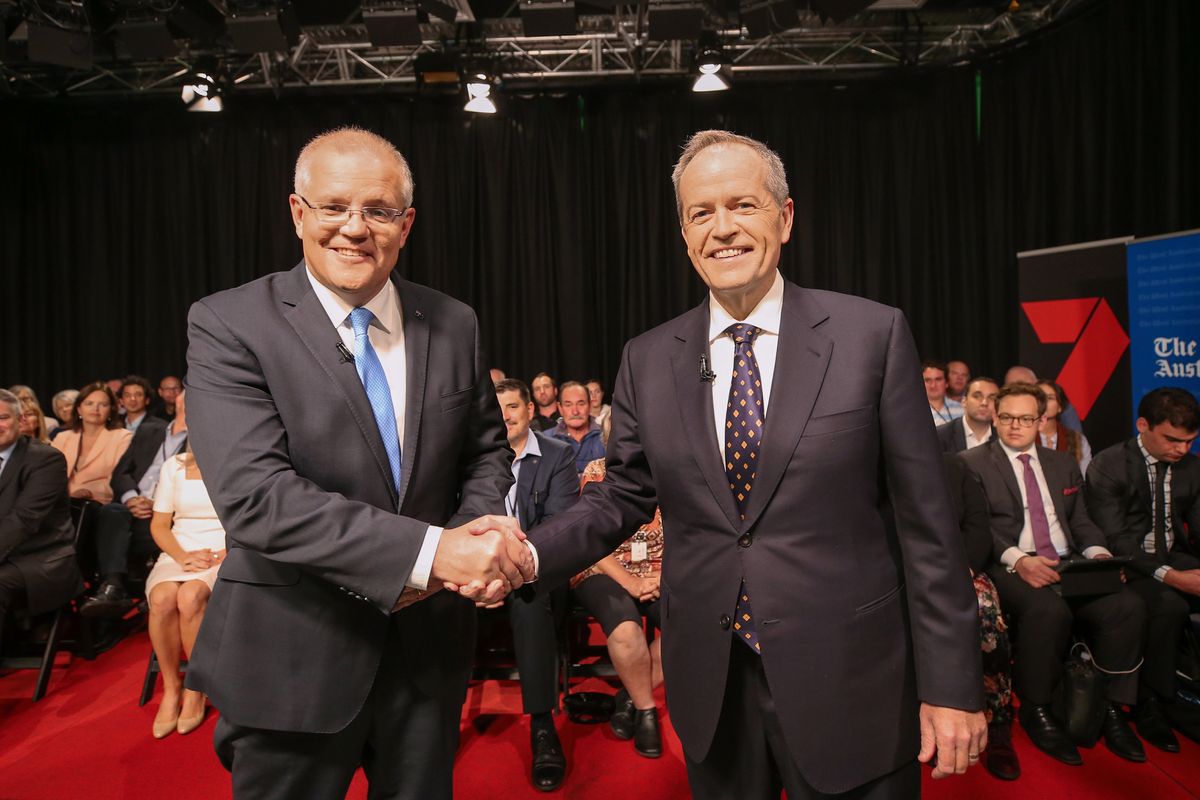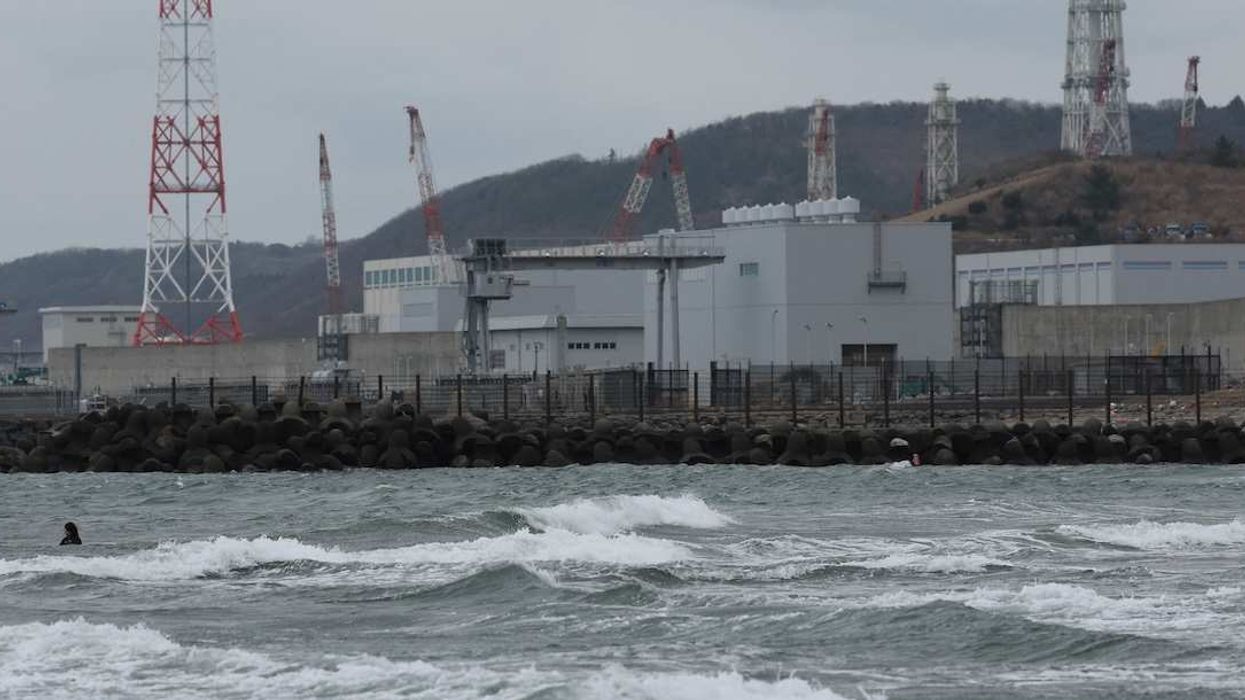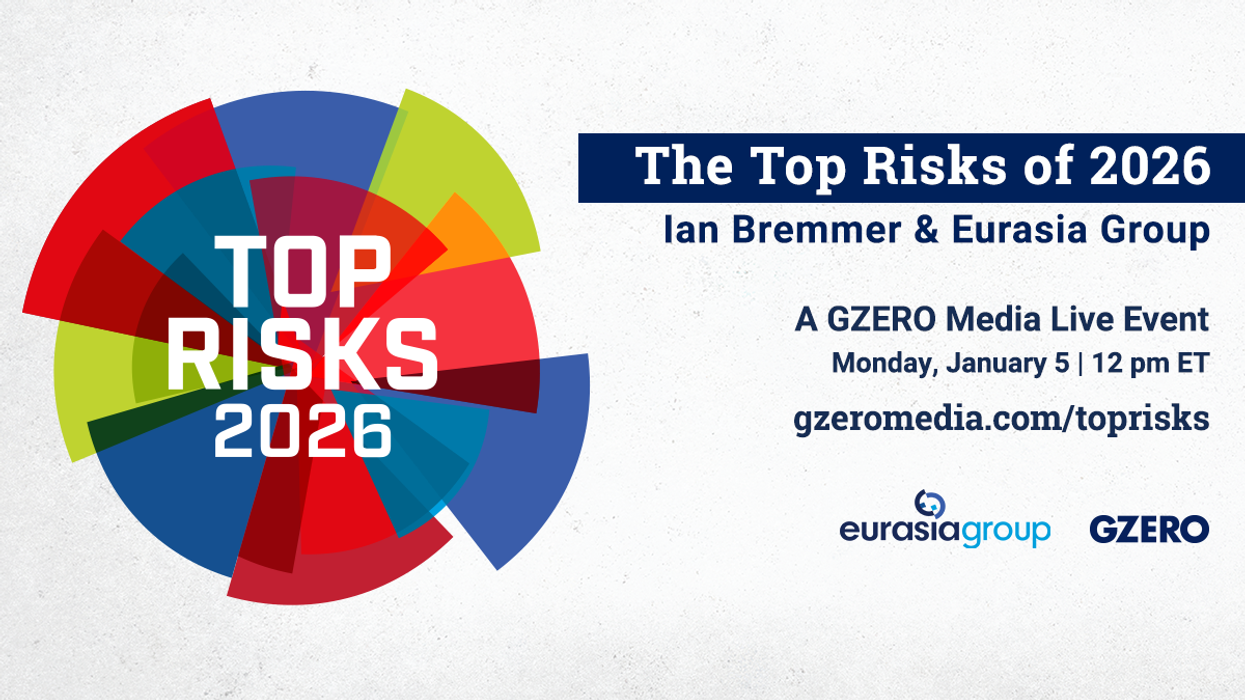Voters in Australia head to the polls tomorrow to elect a new government. Though few outsiders closely follow politics in this country, this election tells interesting stories about three of the most important issues in today's world: Immigration, climate change, and managing changing relations with China. It's also a country with a steady economy—but lots of political turnover.
Consider:
- Australian prime ministers enter politics through a revolving door. The country has had six changes of prime minister in the past 12 years, mainly as a result of infighting within both major political parties.
- But that's not because of an economy in the dumps. In fact, Australia hasn't suffered a recession in nearly three decades. Analysts cite openness to immigration and trade, and intelligent government as the secret formula to Australia's economic success.
- Australians have to vote or face a fine. Compulsory voting will bring an expected 97 percent of eligible voters – more than 16 million people – to cast a ballot. Nearly 3 million have already voted in early balloting.
- Australia is a nation of immigrants. In fact, more than a quarter of Australians were born abroad, double the rate in the United States.
- Migration has become a hot political topic. More than half of Australians said in 2018 that immigration rates are too high, and Prime Minister Scott Morrison, a former immigration minister, is running for re-election on a pledge to cap immigration.
- Relations with China also loom large. Ethnic Chinese make up 1.25 million of the country's 25 million people, and many of them live in competitive districts that are particularly important for the election outcome. China is Australia's number one trade partner, but controversies over alleged Chinese spying and an Australian decision to ban Chinese firm Huawei from its 5G communications network have angered some in the Chinese community.
- The weather is heating up too. Following a steady rise in temperatures and a year of drought, floods, wildfires and cyclones, nearly 60 percent of Australians say "Global warming is a serious and pressing problem. We should begin taking steps now even if this involved significant costs." Opposition leader Bill Shorten has made climate change a major part of his campaign.
The bottom line: The center-right Liberal-National Coalition or center-left Australian Labor Party: Whoever wins will face tough questions on the future of immigration, climate policy, and all-important relations with China.



















